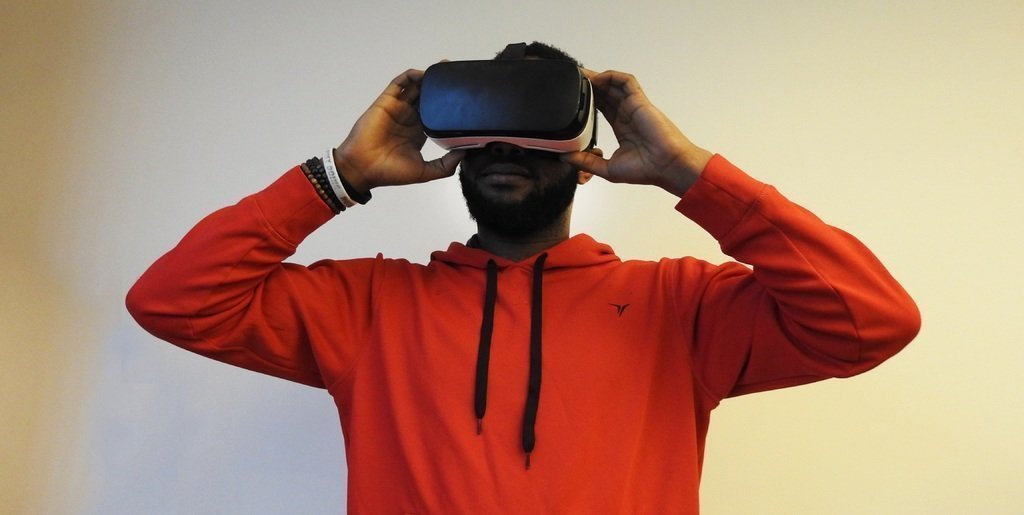Nigel Farage has faced awkward questions from a US Congress hearing about his views on the Epstein files.
Mr Farage was invited to give evidence at the House Judiciary Committee hearing in the US today over Republican claims of attacks against free speech in Europe and the UK.
But he instead faced questions from Jared Moskowitz, a Democrat representing the 23rd congressional district for Florida, about whether he believes the so-called Epstein files should be published.
Mr Farage continually dodged the questions, saying ‘I thought I was coming to a hearing on free speech, not process’, and when asked if he thought the list should come out he replied: ‘I have no opinion on it. I don’t know.’
At one point Mr Moskowitz held up a paper copy of an article written about Mr Farage’s views on the subject, asking the Reform UK MP ‘do you agree with yourself?’.
Earlier in the hearing Mr Farage told the committee he believes the UK has become ‘North Korea.’

He was left red-faced when Democrat representative and member of the committee, Jamie Ruskin, criticised Mr Farage’s appearance at the hearing, saying it is ‘just a drive-by hit against a strong democratic ally to benefit a Donald Trump sycophant and wannabe.
Mr Ruskin went on to describe Farage as a ‘Putin-loving free speech imposter and Donald Trump sycophant,’ adding that free speech is ‘not in crisis in the UK.’
He said the hearing should focus on issues like attempts by the Trump administration to quell protests at US university campuses.
‘No one has stopped Farage parroting Putin’s points. He seems most at home with the dictators of the world who are crushing free speech around the world,’ Mr Ruskin said.
Mr Ruskin introduced Farage with scathing remarks: ‘The star witness is not a human rights leader like Navalny but a far-right pro-Putin politician who leads the UK Reform Party, a party that is 4 members out of 650 members in the parliament.
‘He calls England an authoritarian regime, while saying that Vladimir Putin is the world leader he admires the most.
Mr Farage hit back: ‘I’m delighted to reacquaint with the charming, Mr Raskin, delightful testimony you gave me earlier on with your speech.
‘But hey, that’s fine. You can say what you like. I don’t care, because that’s what free speech is.

‘And in a sense, this has all been going wrong now for a couple of decades. We’ve kind of forgotten the Voltairean principles that we will fight and defend to the death your right to say something that we fundamentally disagree with.’
Moving on to the controversial Online Safety Act he has opposed, claiming that the UK is in an ‘awful authoritarian situation.’
The Clacton-on-Sea MP said: ‘We, of course, have Lucy Connolly, who put out an intemperate tweet after the savage murder of those three beautiful young girls.
‘She herself a mother who had lost a child. It was intemperate. It was wrong, but she removed it three and a half hours later, sentenced to 31 months in prison.
‘She’s now out, having served 40% of the time, I wanted to bring her with me today as living proof of what can go wrong. Sadly, the restrictions that have been put on her banned her from making the trip, which is a very, very great shame.’
What is the Online Safety Act?
The Online Safety Act, also known as the porn law, means tech firms have to protect users, like children, from illegal and harmful content by imposing age-verification and tighter moderation requirements.
Tech companies must limit content aimed at children that promotes pornography, suicide, self-harm and eating disorders.
Since the law was rolled out on July 25, visitors to porn sites will be asked for their ID or other means to verify their age.
Social media platforms will have to introduce features enabling users to choose to encounter lower amounts of harmful content.
If companies fall foul of the new rules, the UK media regulator Ofcom has the power to fine them up to £18 million or 10% of the firm’s turnover (whichever is greater).
Critics of the law have called for it to be repealed, including a petition attracting more than 400,000 signatures saying it is too broad and restrictive ‘than is necessary in a free society.’
The Wikimedia Foundation, the group behind Wikipedia, brought a legal challenge against the regulation, saying some of its content could be blocked as it is cannot comply with the requirement placed on social media.
However, the government has made it clear the law is here to stay and it has no plans for a U-turn.
Lucy Connelly, the wife of a Tory councillor, was jailed in the aftermath of the Southport riots after calling for migrant hotels to be set alight in an X post and pleading guilty to inciting racial hatred.
He accused the limitations placed on social media platforms like X by the online regulations threatening trade between the US and the UK.
‘At what point did we become North Korea? This is a concerning development.’
During further questioning, Mr Farage claimed that people have been arrested in the UK for ‘praying outside abortion clinics.’
He was pressed on further over his admiration for the US President, and he was accused of wanting the approval of the ‘tech bros’ by Congressman Hank Johnson.
Mr Farage denied viewing Trump as his ‘mentor,’ but said he supports the US President.
He said: ‘I had a very public falling out with Elon Musk over a politican issue, and yesterday he was being incredibly rude about me.
‘But if we believe in free speech, we live with it.’
The hearing opened with the chairman, Jim Jordan, lambasting the alleged risk to American free speech and ‘attempts to censor Americans,’ referring to the First Amendment of the US Constitution.
He described censorship laws like the UK’s Online Safety Act and EU legislation as a ‘threat from abroad.’
Get in touch with our news team by emailing us at webnews@metro.co.uk.
For more stories like this, check our news page.



